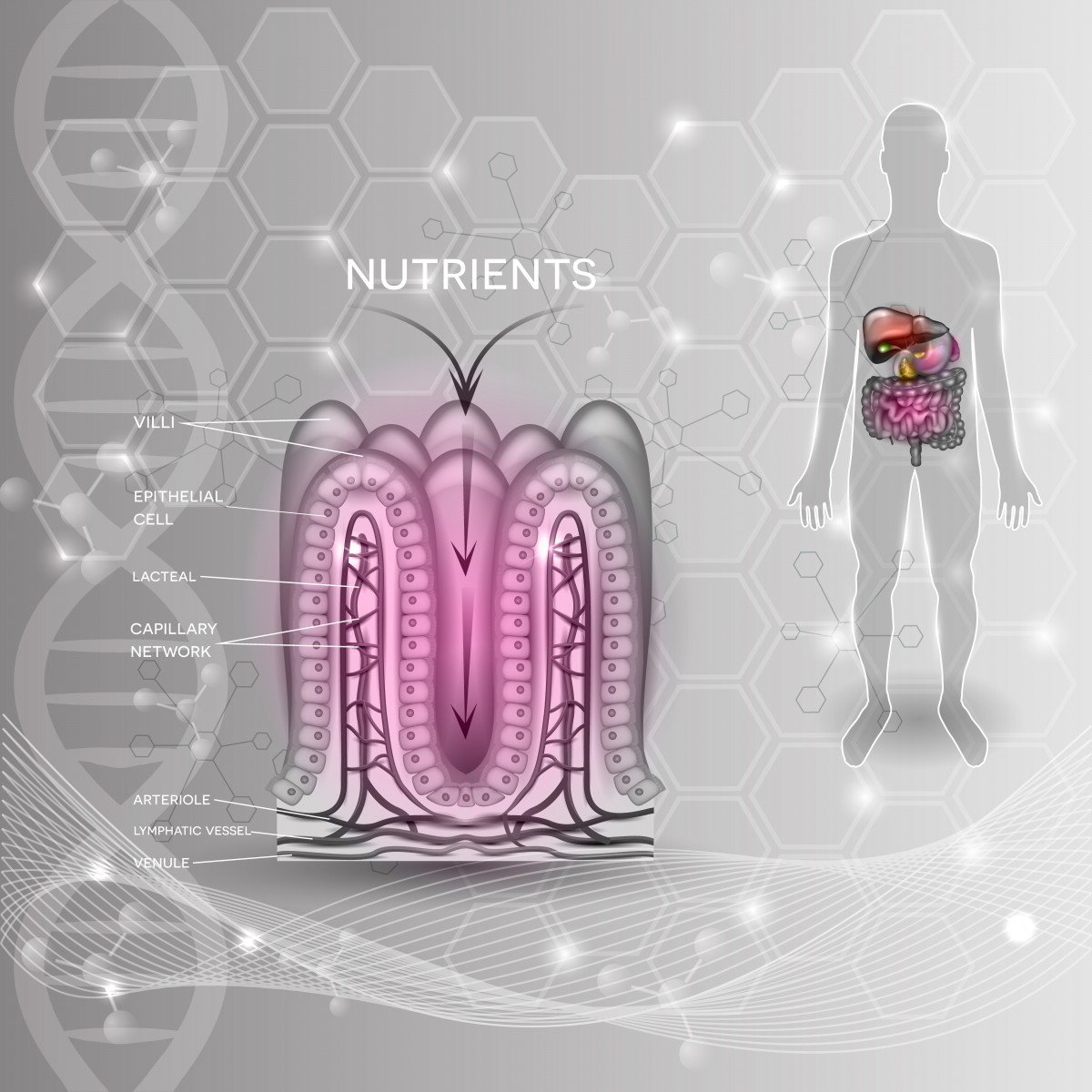Cypress-tree Substance Could Help Skirt Faulty Proteins in Cystric Fibrosis

A substance found in a Japanese cypress tree can deliver iron to cells that are unable to obtain it because of faulty proteins, a finding that has implications for cystic fibrosis, according to a study.
Researchers said their molecular-prosthetics approach could not only address cystic fibrosis (CF), but also other conditions caused by protein deficiencies.
The study, “Restored iron transport by a small molecule promotes absorption and hemoglobinization in animals,” was published in the journal Science.
“If you’ve lost a hand, even a simple prosthetic device is really helpful. In the same way, we found that a small molecule [the cypress tree substance] that replicates the main job of a missing protein can be sufficient to restore functionality in cells and animals,” Martin D. Burke, a professor at the Carle Illinois College of Medicine, said in a press release.
“If you’re sick because you have too much protein function, in many cases we can do something about it. But if you’re sick because you’re missing a protein that does an essential function, we struggle to do anything other than treat the symptoms. It’s a huge unmet medical need,” said Burke, the study’s lead author, who also is a medical doctor. The Carle Illinois College of Medicine is the medical education arm of the University of Illinois at Urbana-Champaign.
A team of the university’s researchers and colleagues at Harvard Medical School discovered that a small cypress-tree molecule – hinokitiol – can transport iron across membranes without needing normal iron transporters.
Researchers tested hinokitiol in mice, rats and zebrafish that lacked iron-transport proteins. Giving hinokitiol by mouth to mice and rats restored iron uptake in their guts.
When added to the tank of zebrafish with anemia, hinokitiol promoted the production of hemoglobin, a protein in red blood cells that is essential to transferring oxygen from the lungs to tissue.
Hinokitiol also restored iron transport in the lining of humans’ guts, researchers said.
Burke’s team hopes to discover other small molecules that can become molecular prostheses for diseases caused by protein deficiencies.
“These findings suggest that replacing missing proteins with molecular-scale prosthetics may represent a general way to think about treating a wide range of human diseases that have thus far remained out of reach with traditional medicine,” Burke concluded.







